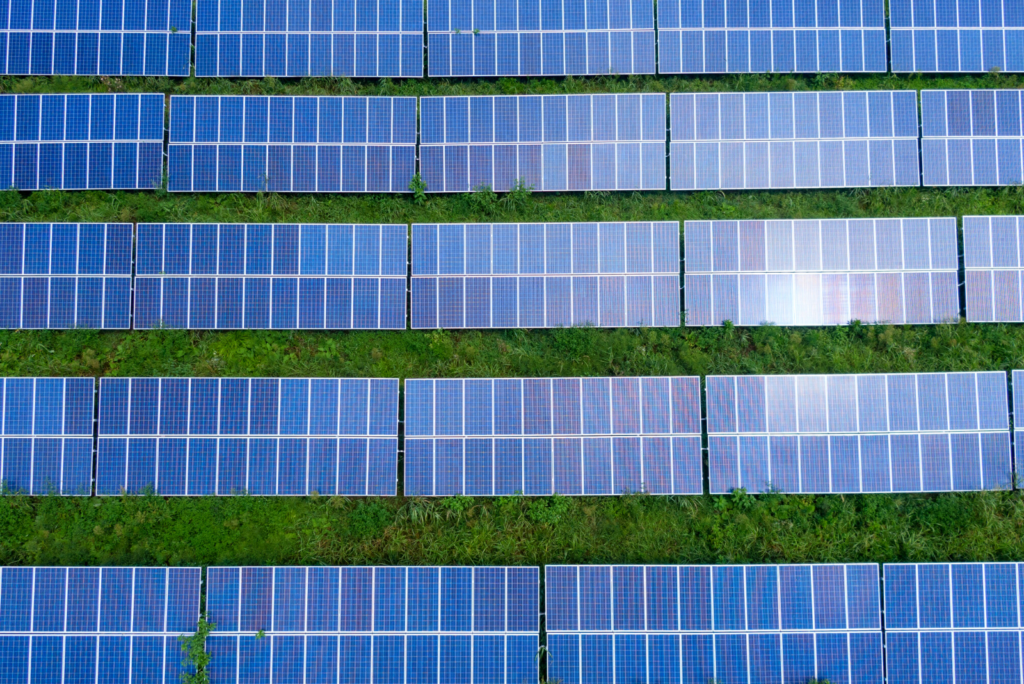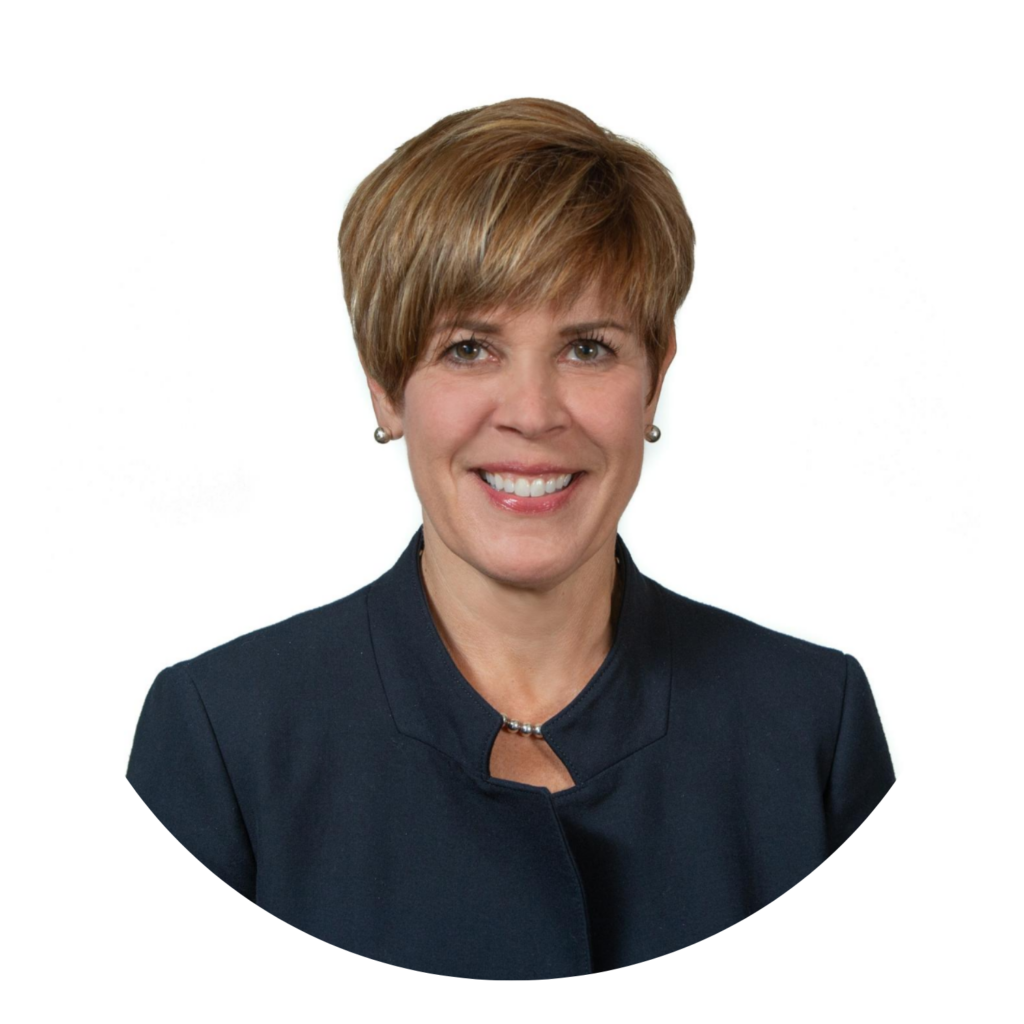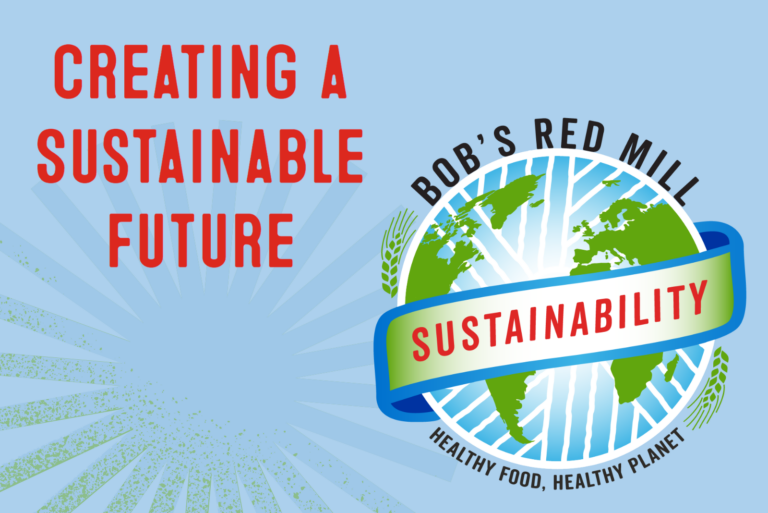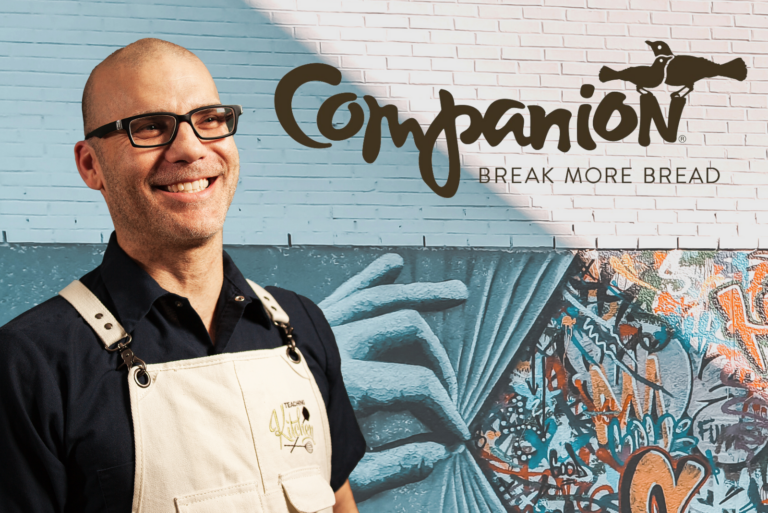Thomasville, GA-based Flowers Foods is another major player that has been focused on innovative energy practices for years.
The baking company is one of the largest and most outspoken advocates for sustainable food manufacturing, but it doesn’t just talk the talk. In 2017, Flowers exceeded its 2020 goal of reducing greenhouse gas emissions by 10% per metric ton of product. It is now pursuing a new goal of a 20% reduction by 2025.
Last year, 15 of Flowers’ 46 baking plants earned Energy Star certification. And earlier this year, its plant in Lynchburg, VA, got a total energy makeover. It was a 2021 Better Project Award winner, recognized by the DOE for having been successfully converted into a state-of-the-art, efficient bakery that uses 22% less energy than the year before.
But that’s not because the product flow slowed. That plant produces Dave’s Killer Bread, the No. 1 organic bread brand in the US.
 While these practices were first implemented for the purpose of cost savings, Margaret Ann Marsh, VP of environmental sustainability at Flowers Foods, said they quickly became embedded in the company’s strategy.
While these practices were first implemented for the purpose of cost savings, Margaret Ann Marsh, VP of environmental sustainability at Flowers Foods, said they quickly became embedded in the company’s strategy.
“Over the years, we’ve been able to implement incremental change by showing the value of the work we do and by having a strong company-wide commitment to operating efficiently and reducing waste,” Marsh said. “Of course, accountability is key, and we’ve set goals, partnered across industries and measured progress in our annual sustainability report.”
Marsh credits this success to Flowers’ people and partners. By working with those closest to the brand — including the team members in the operations every day — the company has created sustainability practices that stick.
“The best ideas for helping us operate sustainably come from our own team members. They are engaged and creative, and we wouldn’t be nearly as successful without their contributions,” Marsh said. “When it comes to the design or execution of projects, our suppliers and even local and state agencies help us find new or different ways to approach a problem with a sustainable solution.”
Progress like this doesn’t happen in a vacuum, and that’s why collaboration is critical for Flowers. According to Marsh, the company’s engineering and operations teams work closely with vendors to meet ambitious timelines and make the result even better. This kind of external support can even come from organizations such as the DOE’s Better Plants Partner program or ABA’s Energy and Environment Committee, which help bakers keep up with best practices.
“Start small,” she said. “You might be surprised how much of an impact a relatively low-cost, small-scale project can have on your sustainability efforts. Plus, the successes add up and really help with raising awareness of what you’re trying to accomplish.”


 Rasma Zvaners, VP of technical and regulatory services at ABA, praised this Energy Star program as a game changer for the industry. To promote this program, ABA teamed up with the federal agency for an Energy Star challenge. And it’s one that keeps evolving.
Rasma Zvaners, VP of technical and regulatory services at ABA, praised this Energy Star program as a game changer for the industry. To promote this program, ABA teamed up with the federal agency for an Energy Star challenge. And it’s one that keeps evolving. While these practices were first implemented for the purpose of cost savings, Margaret Ann Marsh, VP of environmental sustainability at Flowers Foods, said they quickly became embedded in the company’s strategy.
While these practices were first implemented for the purpose of cost savings, Margaret Ann Marsh, VP of environmental sustainability at Flowers Foods, said they quickly became embedded in the company’s strategy.







